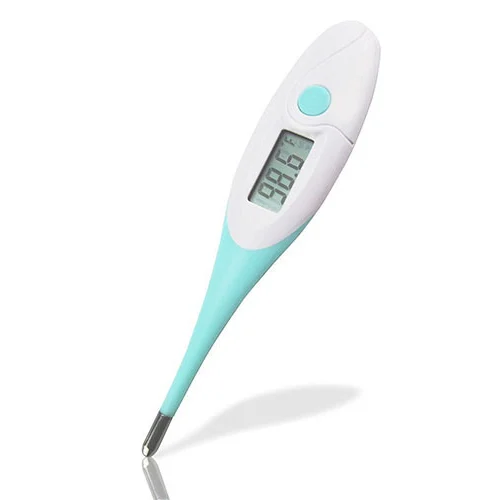
As a new parent, monitoring your baby’s health is crucial, and having an accurate thermometer is a key part of that process. In this guide, we’ll explore the best baby thermometers, their accuracy, and how to choose the right one for your child.
Why You Need a Baby Thermometer
A baby thermometer is an essential tool for tracking your child’s temperature. Unlike standard thermometers, baby thermometers are designed specifically for infants, providing reliable readings and ease of use.
Types of Baby Thermometers
- Digital Thermometers: These thermometers are popular for their quick and accurate readings. They come in various types, including oral, rectal, and underarm options.
- Ear Thermometers: Known for their convenience, ear thermometers provide quick results. You may ask, “Are ear thermometers accurate?” When used correctly, they can deliver reliable readings.
- Forehead Thermometers: Non-invasive and easy to use, forehead thermometers allow quick temperature checks. However, some parents may wonder, “Are forehead thermometers accurate?” Generally, they can be reliable for monitoring fevers.
- Infrared Thermometers: Frequently used in clinical settings, these provide fast readings. Many parents question, “Are infrared thermometers accurate?” They are usually reliable for quick checks but may vary based on usage.
Can Baby Thermometers Be Used on Adults?
You might be curious, “Do baby thermometers work on adults?” In general, baby thermometers can be used on adults, but results may not be as precise as with standard adult thermometers. If you’re considering using a baby thermometer for adults, remember that the accuracy can differ.
Choosing the Best Baby Thermometer
When selecting the best baby thermometer, consider these factors:
- Accuracy: Look for thermometers with strong reviews for accuracy, such as the Braun ThermoScan 7 or the Tommee Tippee Ear Thermometer.
- Ease of Use: Opt for models that are straightforward to operate, especially during nighttime checks. Many parents prefer digital models due to their simplicity.
- Speed: A thermometer that delivers a reading in seconds can be very helpful when your baby is fussy.
- Age Appropriateness: Some thermometers are designed specifically for infants, while others can be used for older children. Ensure you choose a best baby thermometer for newborns or one suitable for older babies.
How to Use a Baby Thermometer
- Rectal: For the most accurate readings, rectal thermometers are often recommended. Use a lubricant and insert the thermometer gently.
- Oral: Suitable for older babies and toddlers, an oral thermometer can be used once they understand the process.
- Underarm: Place the thermometer in your baby’s armpit for a quick check, though this method may be less accurate.
- Forehead/Ear: Follow the manufacturer’s instructions for best results with these types.
Conclusion
Choosing the right baby thermometer is essential for your child’s health. With many options available, it’s important to find one that meets your needs. Whether you choose a digital thermometer or an ear thermometer, ensuring accuracy and ease of use will help you keep your baby comfortable and healthy.
Call to Action
For more tips on baby health and safety, explore our other articles. Don’t forget to subscribe for the latest updates!